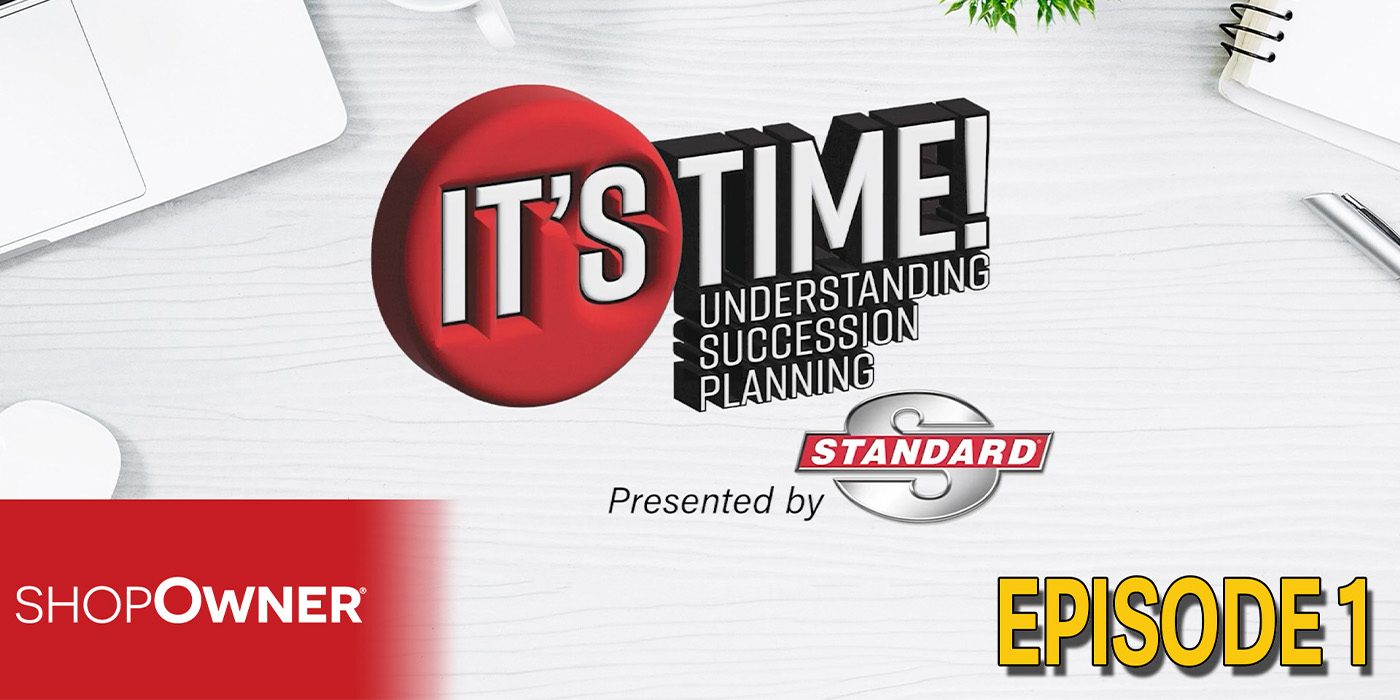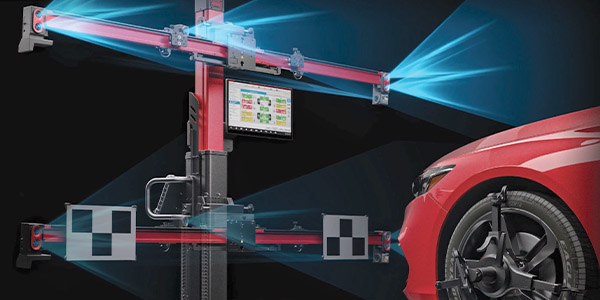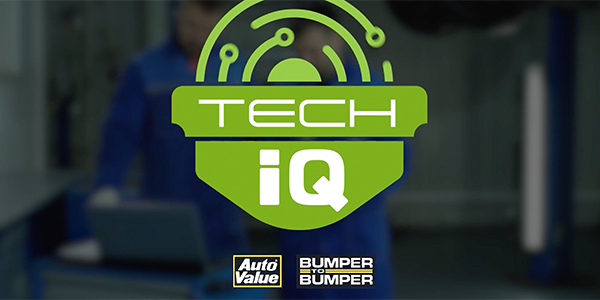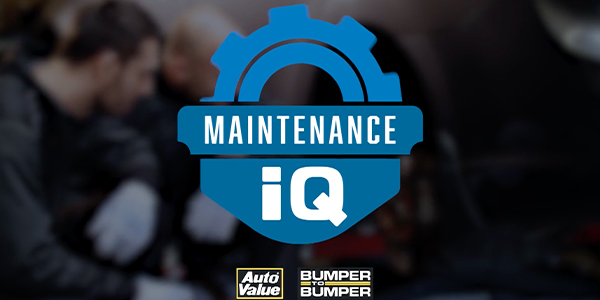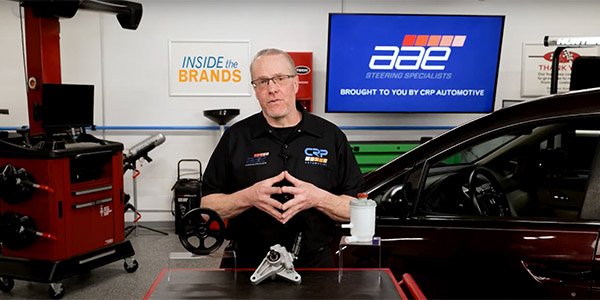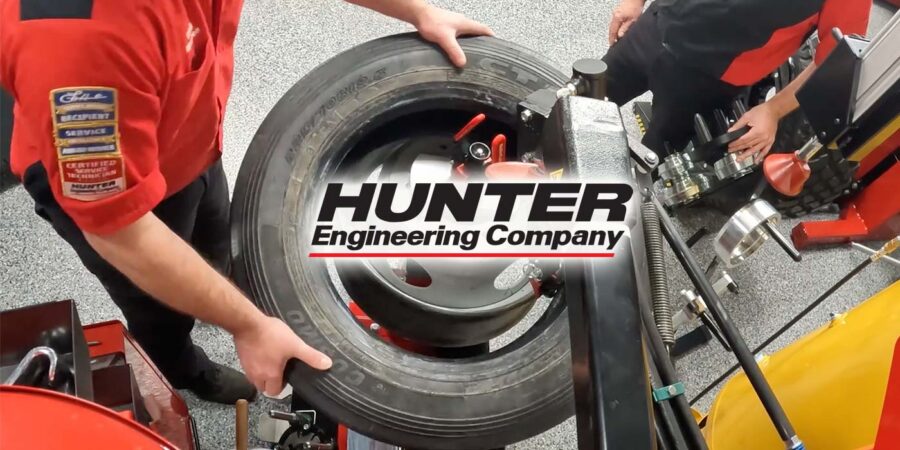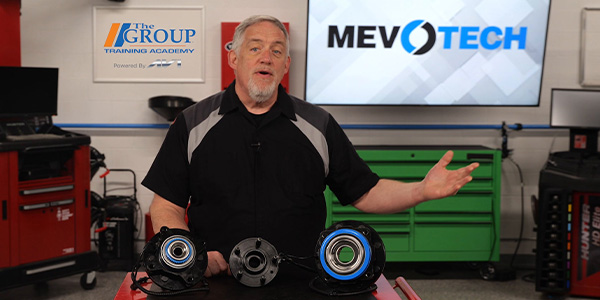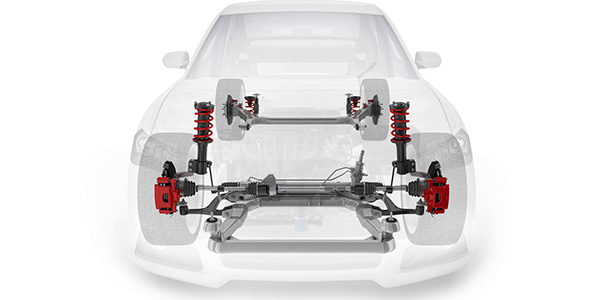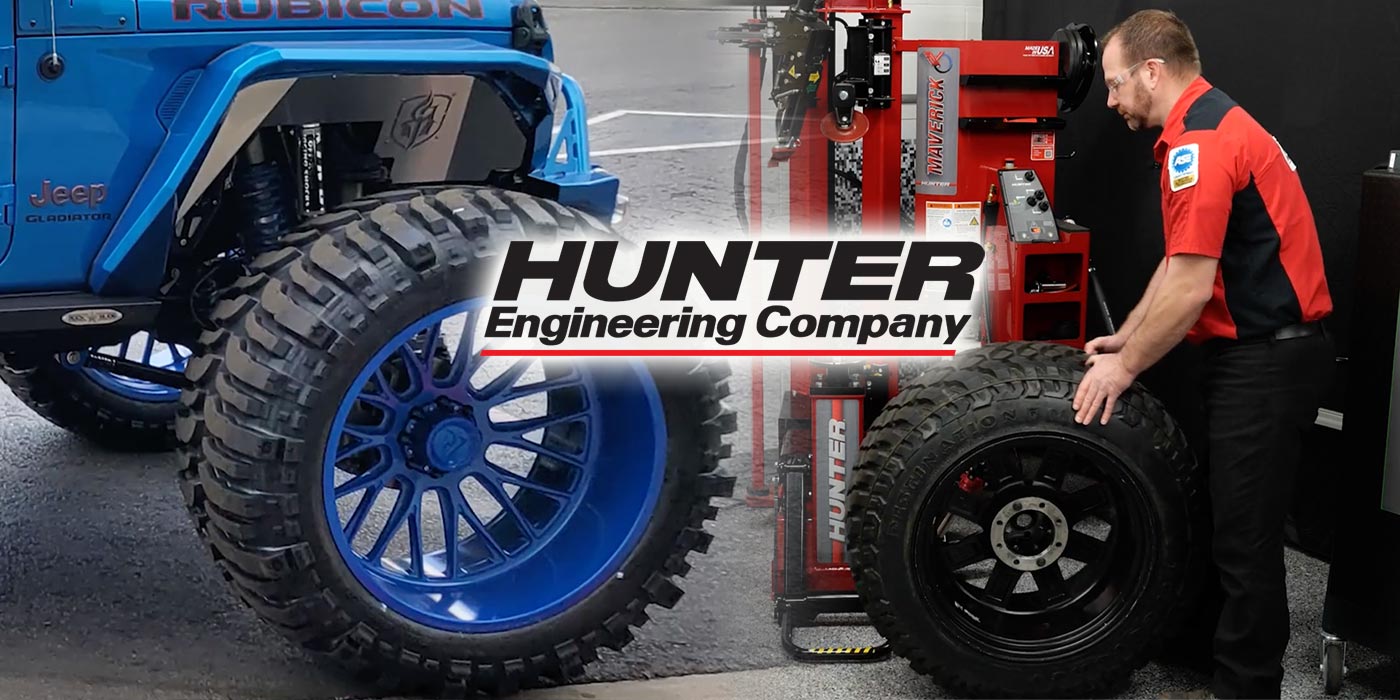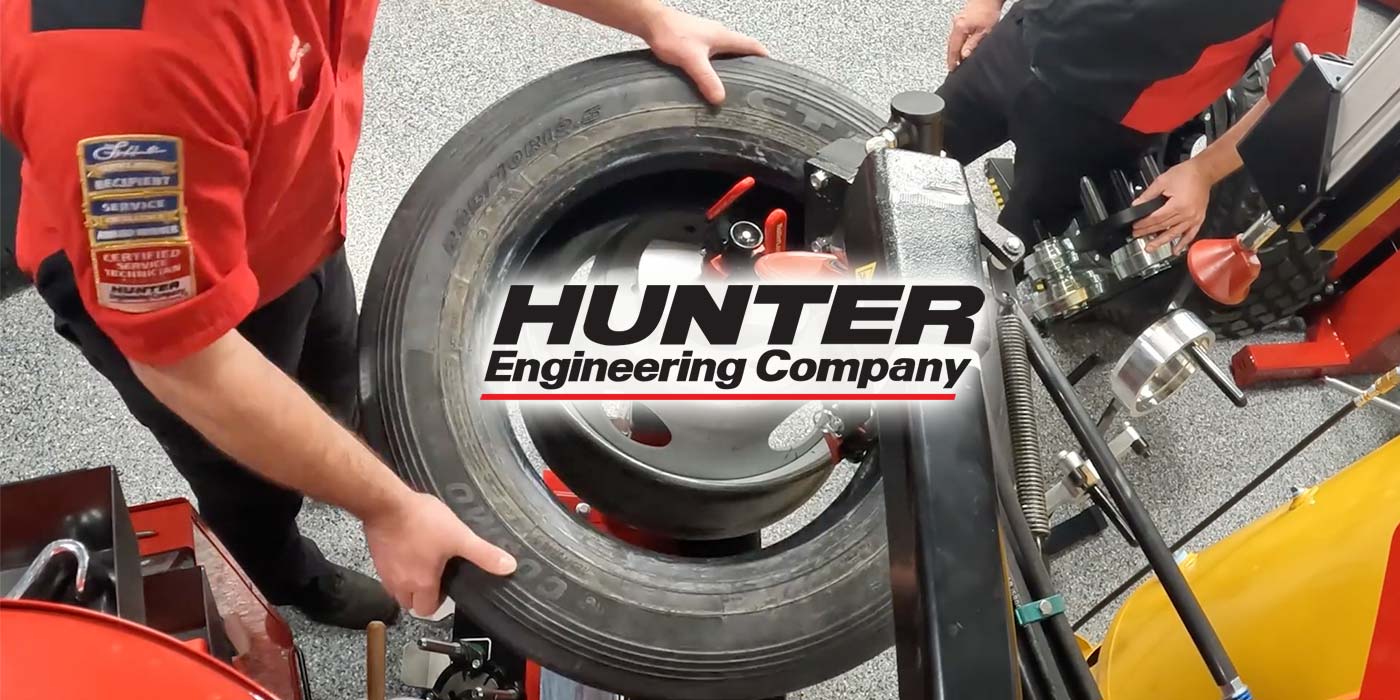When it comes to the succession planning process, one of the most important – yet critically misunderstood – steps is to do everything legally.
The challenge, says Karen Schleifer, legal guru at Schleifer Law in Beachwood, OH, is that the determination of “legal” isn’t always the same.
Schleifer, whose clients include startup companies of all sizes, closely held companies, real estate developers, owners of commercial real estate, and intriguingly for ShopOwner readers, family-owned businesses, says that navigating the legal landscape and understanding the legal considerations involved in transferring a business require expert guidance.
We all recognize that different states and different regions have different political philosophies – and these tendencies often include businesses as well. Schleifer explains that, though she’s only licensed to practice in Ohio, she recognizes that some states are more worker-friendly while others are more pro-business.
“Traditionally, this has meant the ability of people to move from one company to another. It may very general, but it’s just some are just more big business,” she says. “And I’m not saying that in a pejorative way at all. Every state wants to be able to bring in business. Particularly here in northeast Ohio, we don’t have as many Fortune 500 companies as we’ve had before. Our workforce is based on the shops that we’re talking about here; the kind of businesses that employ maybe five to 10 people. They really are the backbone and the workforce of our area and the survivability of family-owned business is key to this area.”
Regardless of where you’re located, ShopOwner and our partners want to make sure that the shops of today continue to be the shops of tomorrow and the shops into the future.
It’s a huge responsibility, yet we all know stories of shop owners who just haven’t prepared. One of the first steps to ensuring that your business can continue in your absence is accepting that there will be an end someday. When planning your estate, you don’t wait until the week before you want to leave to start saving. It’s the same thing with your business. Obviously, we’re not guaranteed tomorrow. We don’t know when that last day is going to be, whether it’s in the business or life. You should get a plan in place and make sure it meets the legal requirements in your state well before you need it.
“First of all, it’s having that conversation with yourself,” Schleifer encourages. “It’s almost like the fear that people have about doing their estate plan. It means that I’m talking about death. It means it’s the end of my career that I thought so highly of.”
But it’s less about mortality and more about building a legacy. “It’s also taking an honest look at the business you built. Could you actually give someone the key to the door and all the systems would be in place? Do you really have something that’s saleable? It’s a big issue with colleagues of mine who do brokering of businesses – there’s a percentage of businesses out there that are just not saleable because they don’t have their ducks in place,” Schleifer says.
NEED MORE HELP?
To stay legally compliant, you’ll need to meet external and internal business compliance requirements. Most external requirements involve filing paperwork or paying taxes with state or federal governments.
Internal business requirements are for your own record keeping. You should document your compliance with internal requirements closely with company records. You might need them when you decide to sell your business or if a legal action is taken against your business.
Requirements by business structure
Corporations have the strictest internal requirements. Corporations should hold initial and annual director and shareholder meetings, record their meeting minutes, adopt and maintain bylaws, issue stock to shareholders, and record all stock transfers.
LLCs have less strict internal requirements. However, they are generally advised to maintain an updated operating agreement, issue membership shares, record all membership interest transfers, and hold annual meetings.
Other business structures have few, if any internal requirements. However, it’s rarely a bad idea to document important decisions with your business.
The Small Business Administration offers a number of resources that can help point you in the right direction but remember, your requirements will undoubtedly be different depending on where your shop is located. Managaing your day to day operation is one thing – being prepared for the future is another.
So what are the steps legally that owners should start putting into place to ensure that they’re not only setting the business up financially, but also to ensure that they’re complying with local and state and federal requirements when it comes to business law?
Business Structure
• Sole Proprietorships: If the shop is a sole proprietorship, the transition process may involve selling the assets of the business or transitioning the ownership to a family member or other party. This process must comply with applicable laws and contracts.
• Partnerships: For a partnership, the partnership agreement should detail the process for transitioning ownership, including buyout options, valuation methods, and procedures for resolving disputes.
• Corporations: In a corporation, shares may be sold or transferred according to the corporate bylaws. Proper documentation and compliance with state laws regarding corporate governance are essential.
“First of all, are all your corporate documents up to date? If you’re an unlimited liability company, if you’re a corporation, have you the basic documents that you’re required to be what’s called ‘in good standing?’” Schleifer asks. “I’m amazed with how many companies don’t. That really becomes a risk management issue. If there’s ever an issue, a lawsuit or a claim, the last thing you want is for another attorney to be doing what’s called ‘Pierce the Corporate Veil.’ The reason we set up these entities is to protect the owners from personal liability. And the question becomes do they have all those corporate documents in place so that they have minimized their personal exposure in the business?
Other key points to focus on:
Contracts and Liabilities:
• Review Existing Contracts: Evaluate existing contracts such as leases, supply agreements, and vendor contracts. Ensure that these contracts can be assigned to the new owner or renegotiated if necessary.
• Liabilities: Identify and address any outstanding liabilities, such as loans or debts. Determine how these will be handled during the transition.
Employment and Labor Issues:
• Employment Contracts: Review employment contracts and policies to ensure compliance with labor laws and proper treatment of employees during the transition.
• Employee Benefits: Consider how employee benefits, such as health insurance and retirement plans, will be affected by the transition.
Regulatory Compliance:
• Licensing and Permits: Ensure all necessary licenses and permits are up to date and can be transferred to the new owner.
• Environmental Regulations: Comply with environmental regulations, especially regarding hazardous materials and waste disposal.
Intellectual Property:
• Trademarks and Patents: Protect the shop’s brand, trademarks, and any patents. Transfer these intellectual property rights to the new owner.
• Trade Secrets: Protect trade secrets and proprietary information during the transition.
Data Protection:
• Customer Data: Ensure compliance with data protection laws, such as GDPR or CCPA, when transferring customer data to the new owner.
• Data Retention: Properly handle data retention and disposal according to legal requirements.
Liability Insurance:
• Tail Coverage: Consider purchasing tail coverage for liability insurance to cover claims that may arise after the sale or transfer of the business.
Dispute Resolution:
• Arbitration or Mediation: Include clauses in contracts that specify arbitration or mediation as the preferred methods of dispute resolution to avoid costly litigation.
Proper Representation:
The process is obviously complex and daunting and Schleifer says she understands the temptation to turn to the Internet for legal advice – it’s quick, it’s cheap and it’s…well, not necessarily reliable.
“The Internet’s great if you understand what the source is, but just like when it comes to taking care of my car, I don’t do things myself. I bring it to an expert and that’s when I would advise people,” she says. You need to surround yourself with experts who can help you.”
Don’t be misled into thinking that, even if you’re a small business with one location and 3 employees, your shop doesn’t warrant the proper steps.
“You need legal counsel,” Schleifer says. “You need to make sure your documents are drafted properly, that they’re in compliance with the law of the state in which you’re located. Do things the right way – assemble a trusted team of advisors. That includes your business attorney, it includes your financial advisor, as well as your estate planner. Yes, it’s going to cost you money, but it will save you money in the long run because you will structure your succession plan that is the best possible for you and for the successor owners of the business, especially if it’s family members.
“Invest wisely, bring them together. They really all need to have conversations together to know where each other is in terms of helping this happen.”
With such challenges as rapidly changing technology, uncertain economic conditions and a continuing shortage of technicians, the need for strong automotive businesses is greater than ever.
“It’s very hard for small business in this country and there really isn’t much margin for error anymore,” says Karen Schleifer. “I always tell people when you’re picking your lawyer or when you’re picking your accountant, it’s okay to talk to one, two or three people because they all may be very skilled at what they do. But you need to feel comfortable with the professionals that you hire. Do you feel that you can speak freely? “People ask me why I enjoy what I do,” Schleifer concludes. “One of the things I love about working with my clients is that I understand they’re not only feeding their family but multiple other families are depending on this business as well. What can we do from a legal standpoint that an error doesn’t force this company into bankruptcy or into a bad situation legally? I enjoy working with clients or individuals who really need guidance because they have built an amazing business that should be able to survive for another generation or two if they have the right guidance.”

